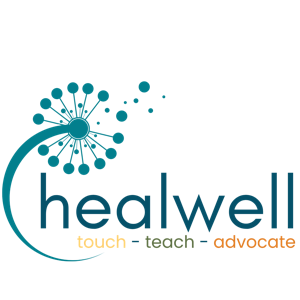This week on The Rub...
The landscape of massage therapy education is on the cusp of a dramatic transformation. A new federal gainful employment rule, set to take effect in July 2024, could usher in stringent debt-to-earnings ratios and income benchmarks that pose a threat to a significant number of massage programs nationwide. This seismic shift is fueled by a desire to shield students from predatory educational practices. However, it presents a paradoxical situation where consumer protection measures may inadvertently dilute the quality of massage training.
The rule's intention is to ensure that graduates are not burdened with debt that outstrips their earning potential, a noble aim indeed. But the flip side of this coin reveals concerns about the reduction of the 150% rule to a mere 100%. This adjustment curtails the capacity of schools to provide more than the minimum hours required for state licensure. The potential consequences of this are manifold, impacting not just the institutions but also the proficiency of the emerging massage therapy workforce.
What we face is a delicate balancing act. The integrity of massage therapy education and the future success of its practitioners hang in the balance. As educators and professionals in the field, it's crucial to confront these challenges head-on and identify practical steps to strengthen the industry's standing and credibility. The Entry-Level Analysis Project, a unified effort by various national massage associations, has already recognized the need for comprehensive training, recommending a 625-hour curriculum as the bare minimum for competency.
Another aspect that requires attention is the misrepresentation of employment statistics. The current metrics fail to account for the unique nature of massage therapy as a profession, where many practitioners work part-time or as a second job. Consequently, the income reports for the industry are misleading and do not accurately reflect the true financial landscape that graduates will navigate.
The episode delves deep into these pressing issues, featuring insights from Lance Hostetter of ABMP, who sheds light on the intricacies of the rule and its implications for the massage therapy industry. The discussion also touches upon the controversial content misrepresentation by the Apple algorithm, underscoring the importance of community support through podcast reviews to counteract such challenges.
In summary, the upcoming federal gainful employment rule has the potential to reshape the future of massage therapy education. It's a complex issue with far-reaching implications, demanding an informed and proactive response from the massage community. This episode is a call to action, urging all stakeholders to rally together and safeguard the quality of massage education and the well-being of its future professionals.
This podcast episode provides an enlightening perspective on the tectonic shift approaching the massage industry. It's a clarion call for stakeholders to engage in constructive dialogue and advocacy to navigate the tremors of change effectively. The future of massage therapy education is at stake, and it's imperative to act swiftly to ensure its survival and continued success.
You can support The Rub and get early access to episodes, stickers, and more at patreon.com/TheRubPodcast.
